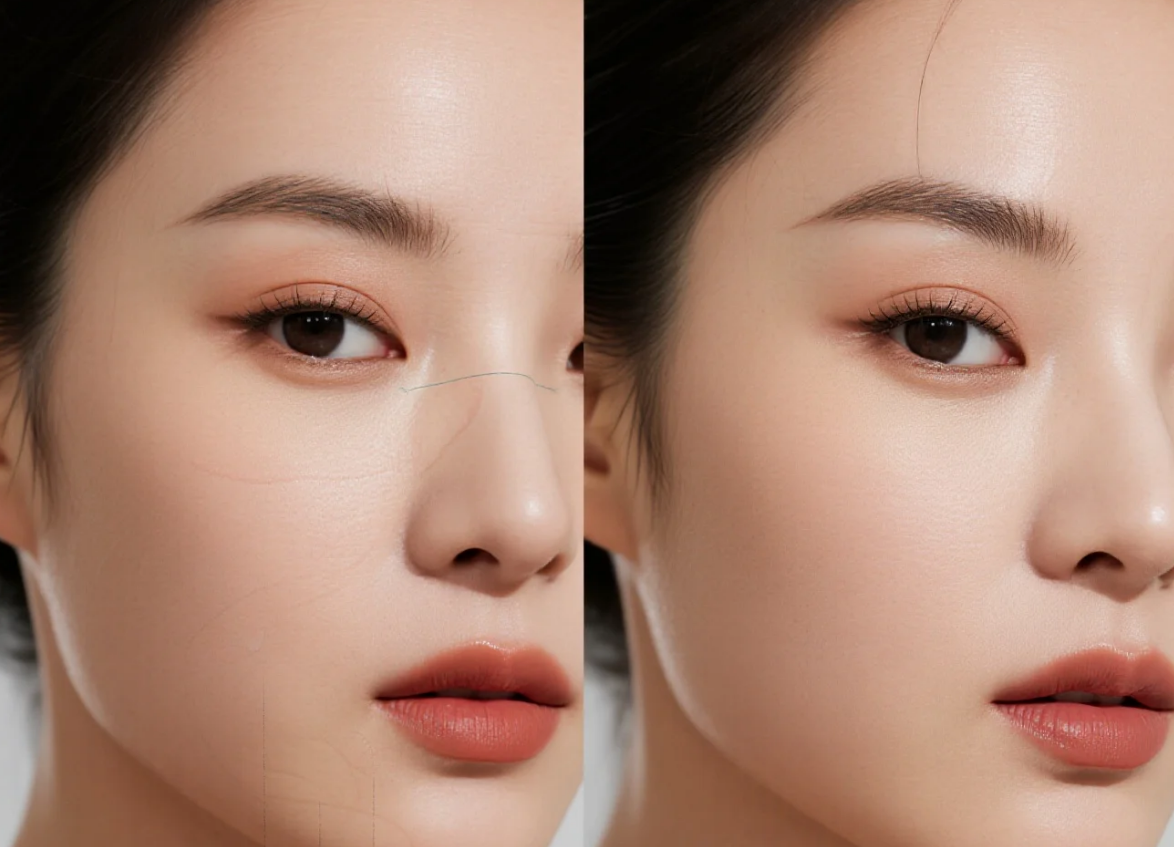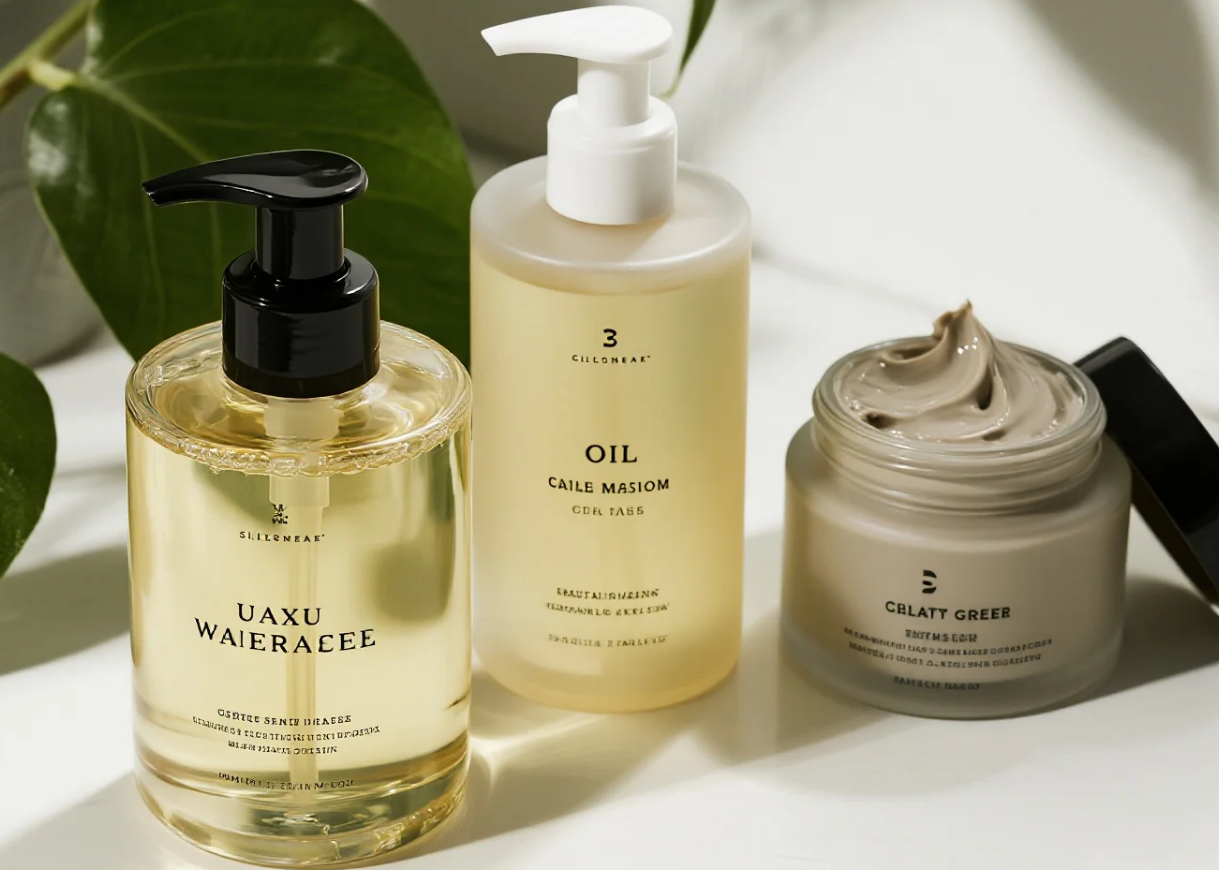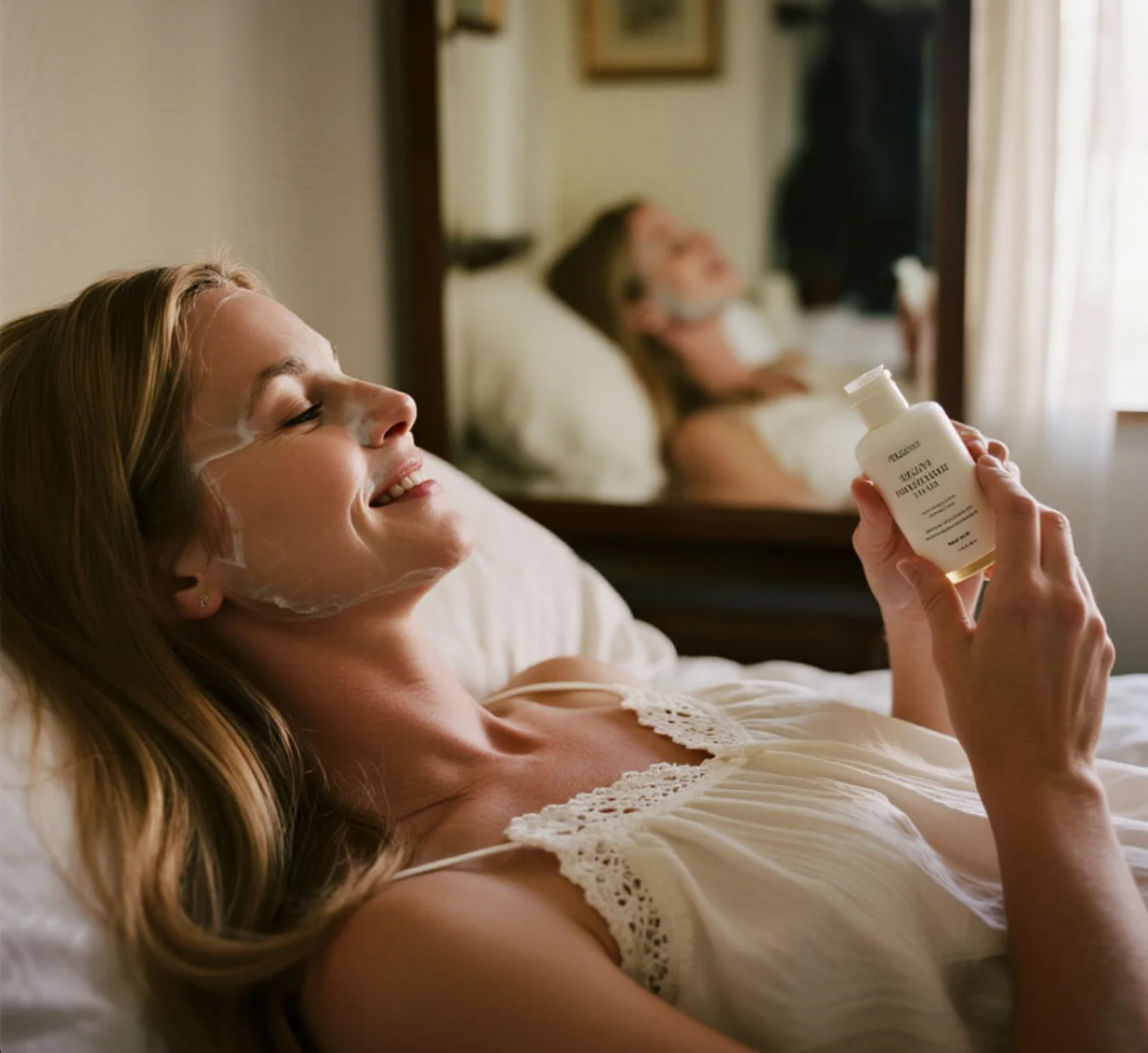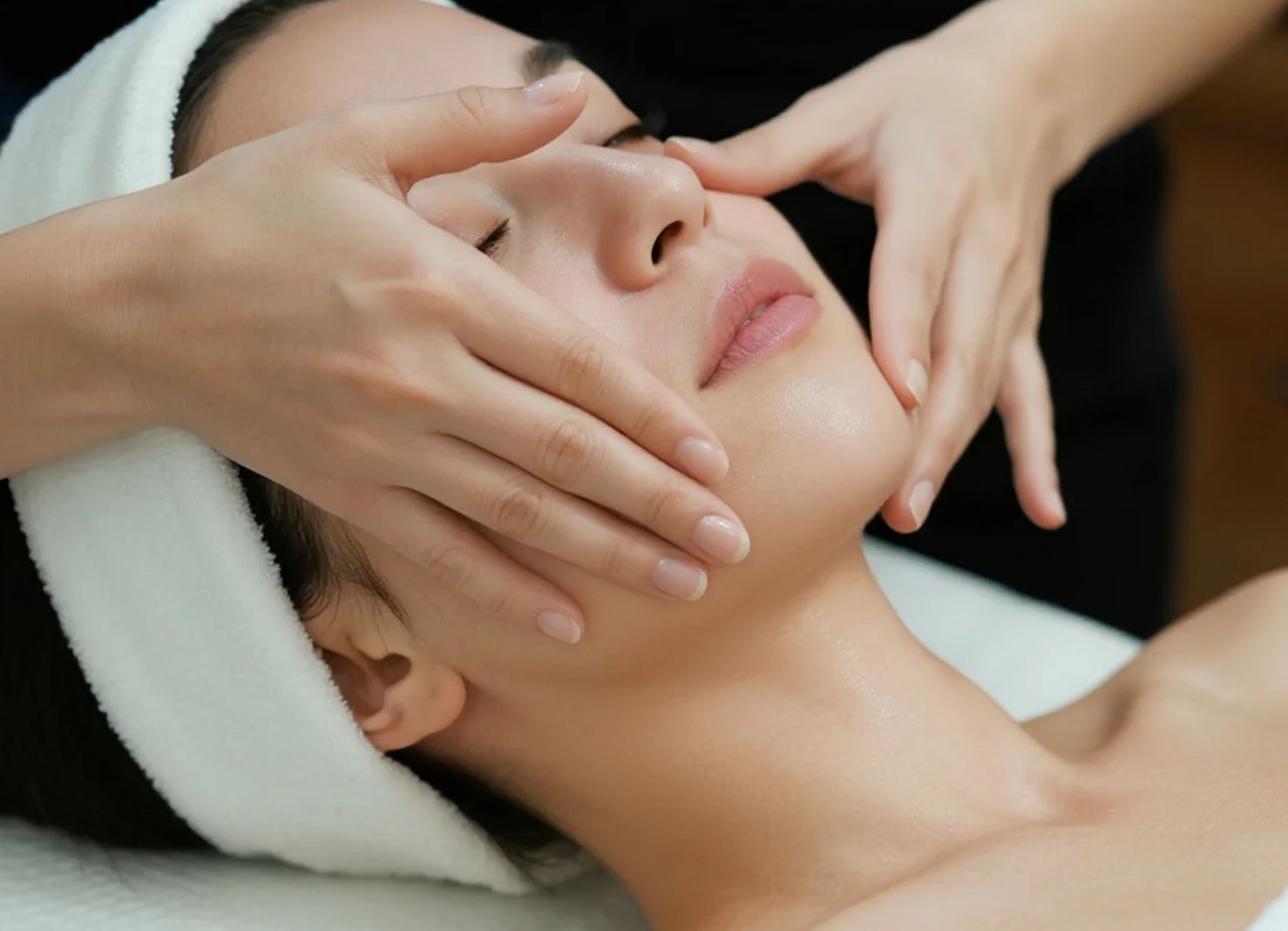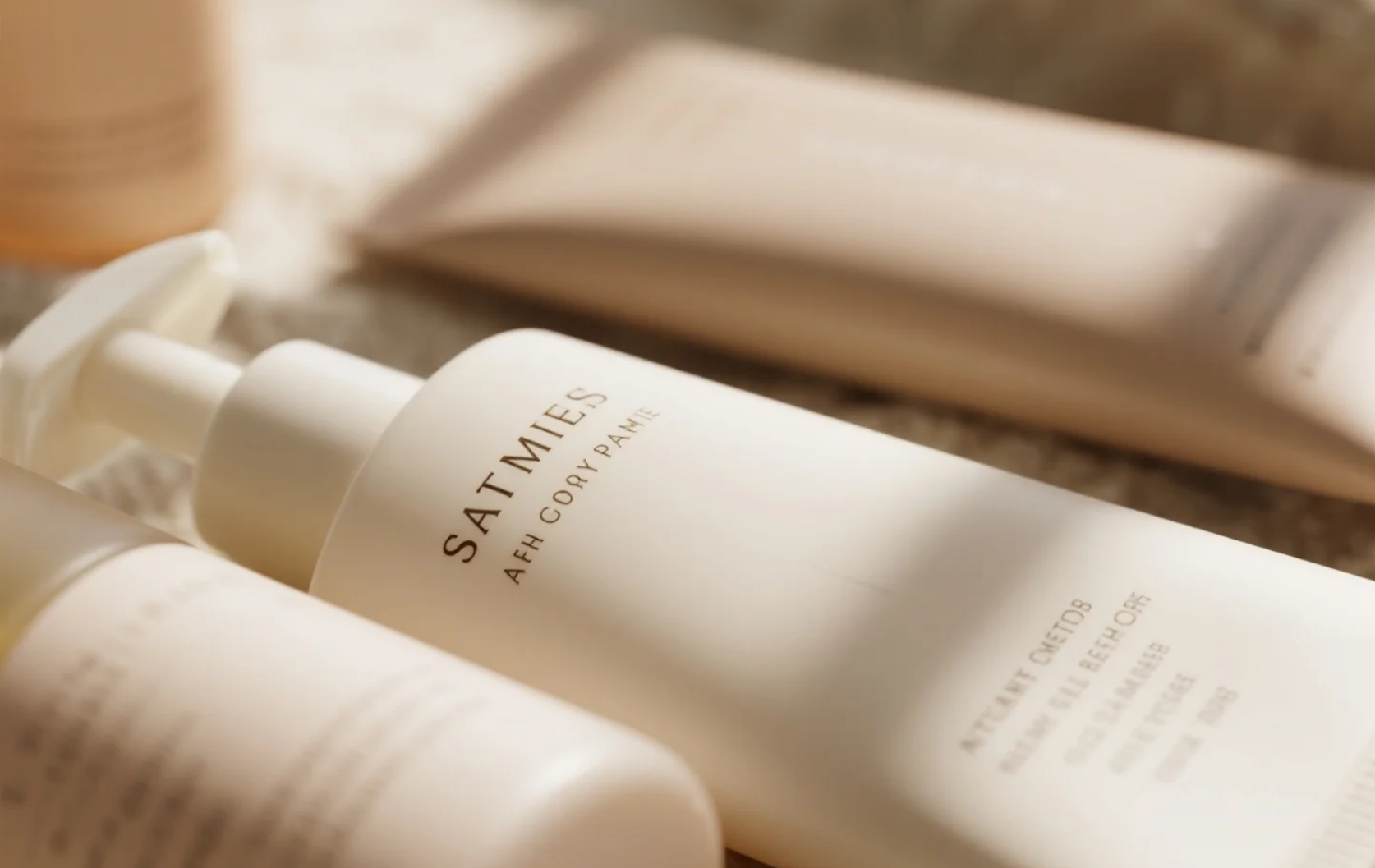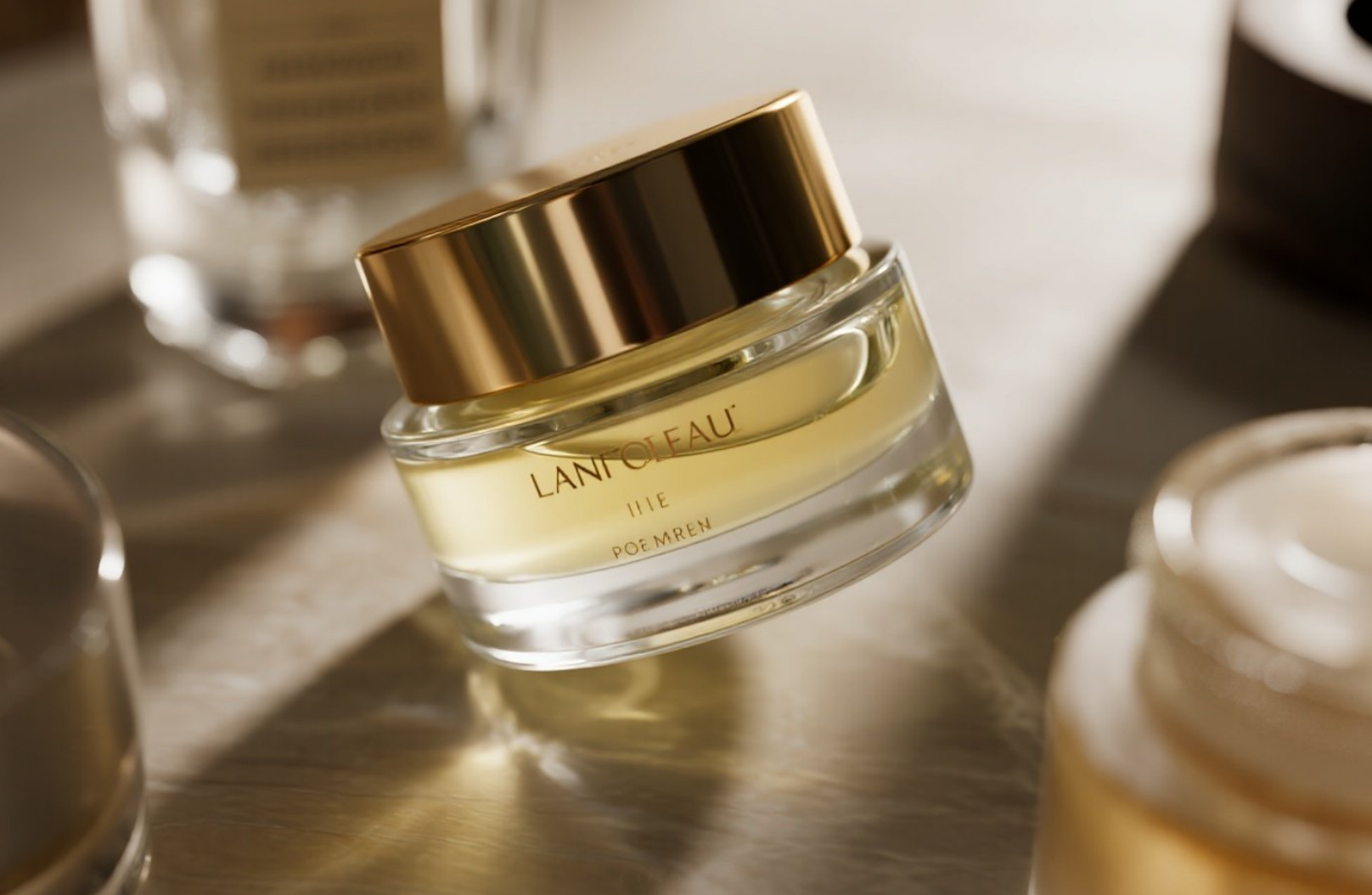Does excessive skincare harm your skin? How to strike the right balance?
With the ever-expanding concept of modern skincare, more and more people are devoting significant time and energy to skincare, striving for flawless skin. However, overdoing it is increasingly being exposed as a hidden driver of skin problems. This seemingly pampering behavior can actually burden the skin, exacerbating issues like sensitivity, dryness, and acne. So, how can we strike the right balance in skincare to meet our skin's needs while avoiding damage? This article will examine the dangers of excessive skincare and the principles of proper skincare, based on the physiological mechanisms of the skin, to help you maintain healthy skin.
First, we need to understand the skin's protective mechanisms. The skin is covered with a natural barrier called the sebum mantle. Formed by a mixture of sebum and sweat, it locks in moisture, protects against external irritants, and maintains the skin's pH balance. Under normal circumstances, this protective mantle is a product of dynamic equilibrium, maintained in a healthy state by the skin's own metabolic and regulatory mechanisms. Over-cleansing, frequent use of harsh exfoliants, or layering multiple skincare products can disrupt this barrier, leading to damage. Once the barrier is damaged, moisture loss accelerates, causing the skin to become dry and tight, and even triggering allergic reactions like redness, swelling, and itching. In other words, excessive skincare is essentially "tearing down your own skin," leaving it vulnerable.
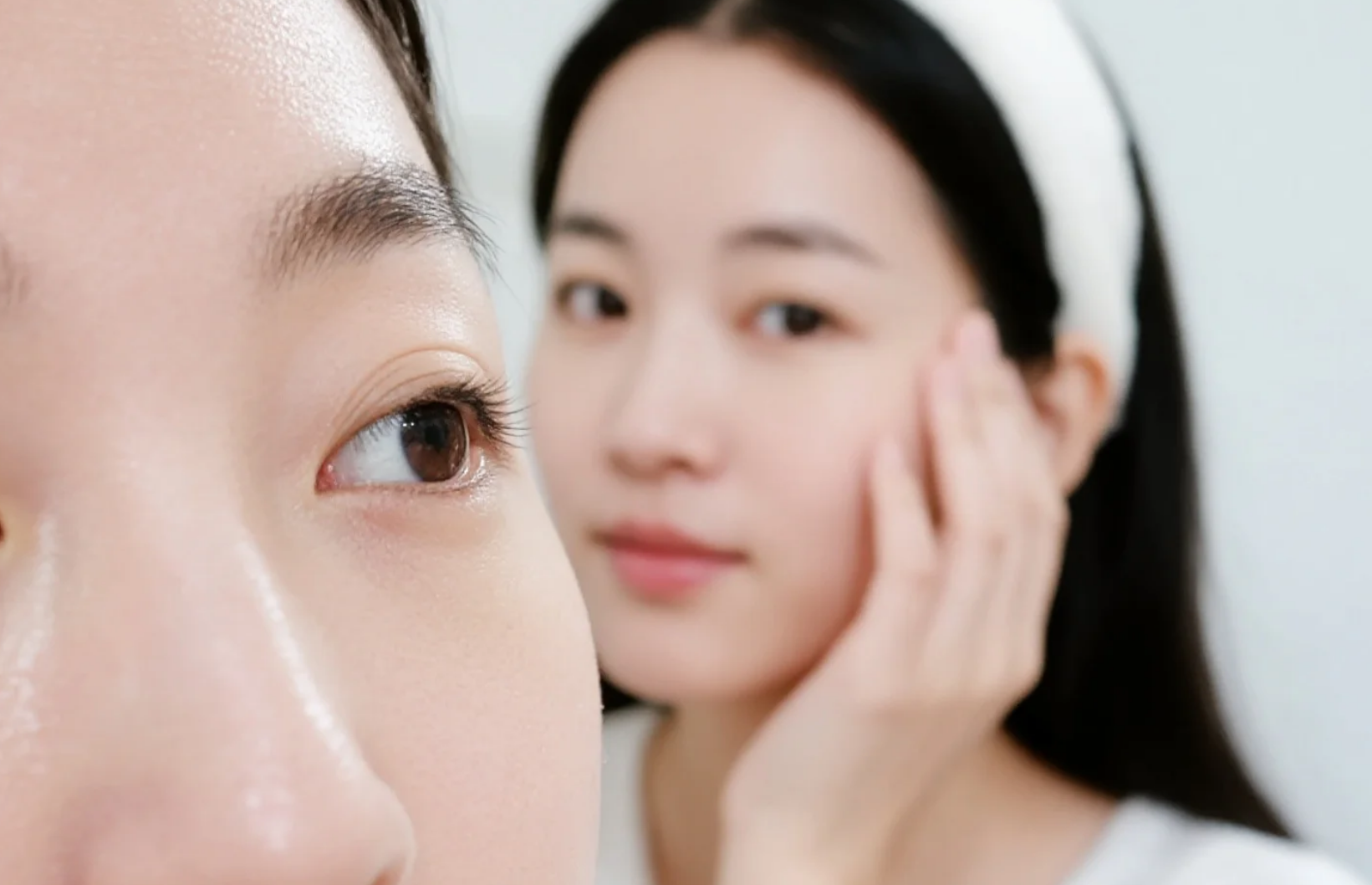 Secondly, excessive skincare is often accompanied by an overabundance of active ingredients. Modern skincare products contain a variety of functional ingredients, such as vitamin C, glycolic acid, salicylic acid, and retinol. These ingredients can indeed boost skin metabolism, fade dark spots, provide antioxidant protection, and improve fine lines. However, improper use of these ingredients, or the combination of multiple products, can easily irritate the skin, causing redness and inflammation, and even exacerbating acne and allergic reactions. Sensitive skin or skin with a damaged barrier requires careful selection and use of active ingredients to avoid placing additional stress on the skin.
Secondly, excessive skincare is often accompanied by an overabundance of active ingredients. Modern skincare products contain a variety of functional ingredients, such as vitamin C, glycolic acid, salicylic acid, and retinol. These ingredients can indeed boost skin metabolism, fade dark spots, provide antioxidant protection, and improve fine lines. However, improper use of these ingredients, or the combination of multiple products, can easily irritate the skin, causing redness and inflammation, and even exacerbating acne and allergic reactions. Sensitive skin or skin with a damaged barrier requires careful selection and use of active ingredients to avoid placing additional stress on the skin.
Furthermore, frequent skincare routines can become burdensome. Many people wash their faces multiple times a day, applying multiple layers of serums, lotions, creams, and various masks in the hope of accelerating skin improvement. In reality, frequent facewashing accelerates sebum loss and leads to dry skin. Layering products not only increases the skin's absorption burden but can also cause irritation due to ingredient conflicts. The skin's absorption capacity is limited, so overloading your skincare routine wastes resources and increases the risk of allergies. Appropriate skincare frequency and concise procedures are more effective in maintaining healthy skin.
So, how can you strike the right balance in your skincare regimen? First, follow the principle of "suiting your skin type." Everyone's skin type and condition are different; oily, dry, combination, and sensitive skin types have different skincare needs. Understanding your skin type allows you to choose gentle yet effective products tailored to your skin type, avoiding the overuse of harsh, irritating products in a blind pursuit of efficacy. Secondly, maintain good skincare habits, avoiding frequent cleansing and repeated use of active ingredients. For example, cleansing is recommended once or twice daily, using gentle cleansers and avoiding overheated water. For active ingredients like hydroxy acids and retinol, it's recommended to use them gradually and at intervals. Furthermore, simplify your skincare routine, focusing on basic moisturizing and sun protection. Any repairing and brightening steps should be based on a healthy barrier. Finally, pay close attention to your skin's feedback. If persistent symptoms such as redness, itching, and stinging occur, discontinue irritating products, adjust your skincare regimen promptly, or seek help from a professional dermatologist.
Scientific skincare also emphasizes the development of healthy lifestyle habits. A balanced diet, adequate sleep, adequate exercise, and a positive attitude are all essential factors for healthy skin. The skin is the body's first line of defense, and its health is inextricably linked to its internal environment. Relying solely on topical skincare products to solve all problems is a one-sided approach. Only by addressing both the inside and the outside can true beauty and health be achieved.
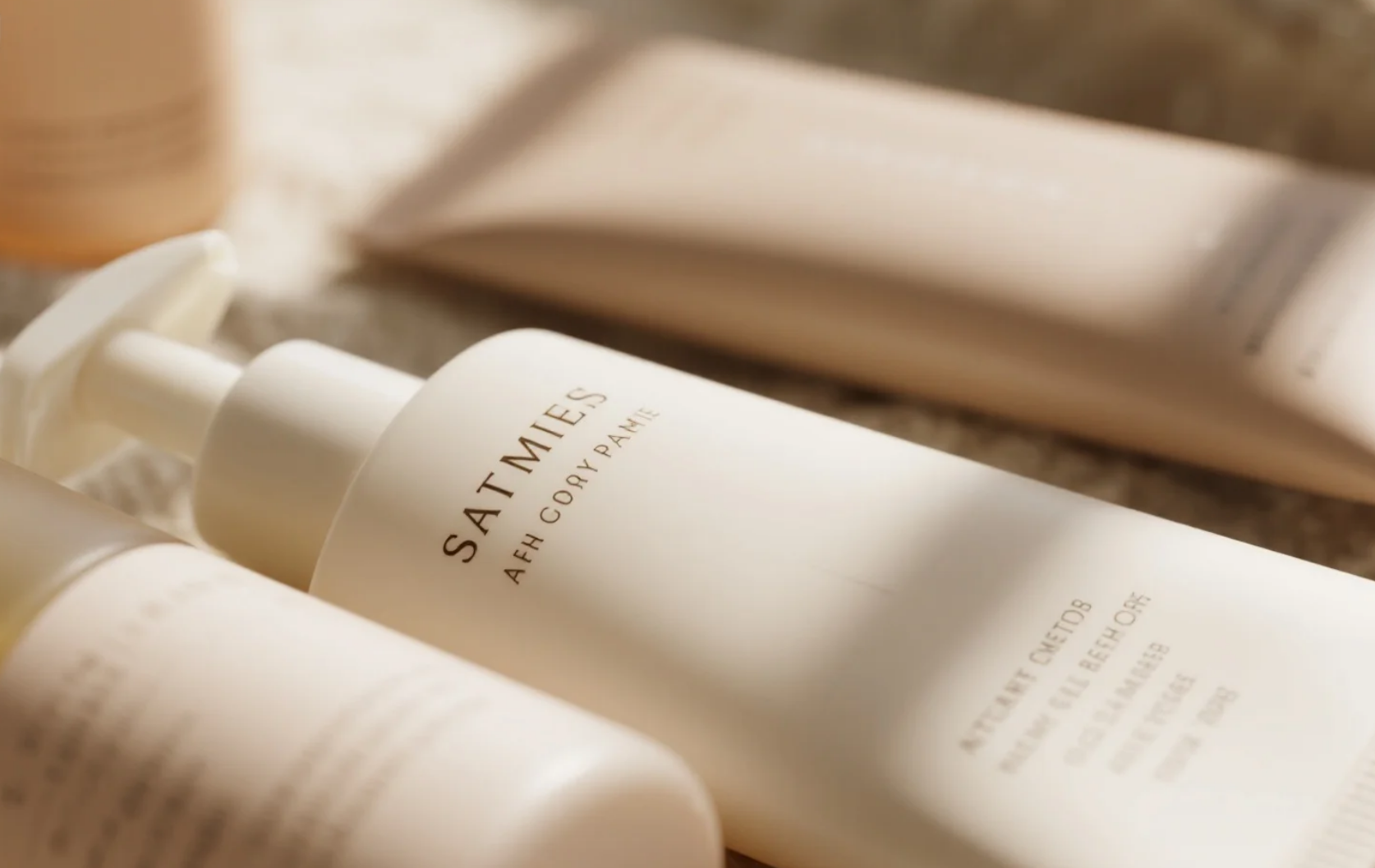 In short, the dangers of excessive skincare are not alarmist, but rather a problem often overlooked in modern skincare practices. Proper skincare practices should respect the skin's natural rhythms and self-regulating abilities, using a scientifically sound approach and frequency to meet its basic needs and avoid burdening it. Only in this way can skin truly become healthy, radiant, and resilient. Skincare isn't simply about "more is better," but about finding the right balance for you and understanding trade-offs.
In short, the dangers of excessive skincare are not alarmist, but rather a problem often overlooked in modern skincare practices. Proper skincare practices should respect the skin's natural rhythms and self-regulating abilities, using a scientifically sound approach and frequency to meet its basic needs and avoid burdening it. Only in this way can skin truly become healthy, radiant, and resilient. Skincare isn't simply about "more is better," but about finding the right balance for you and understanding trade-offs.




